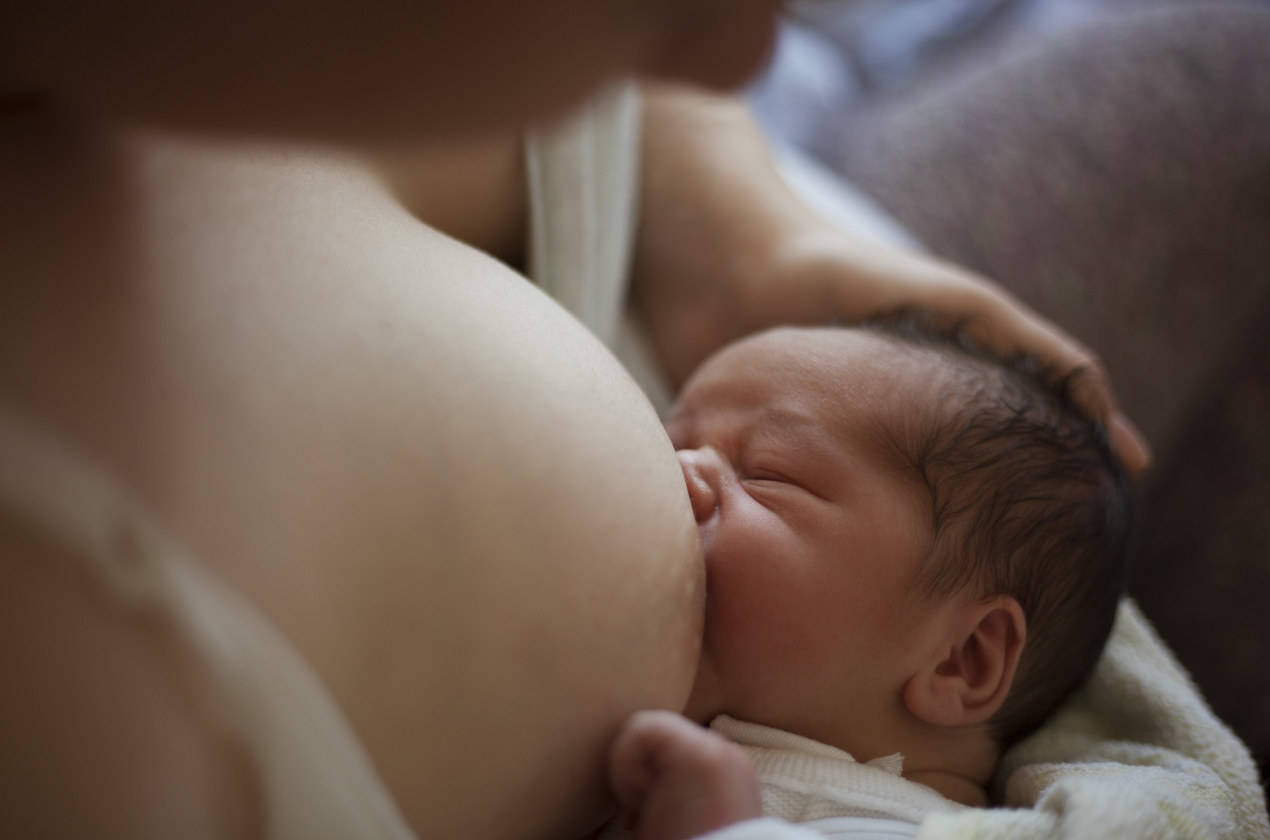I gave birth to our daughter in November 2014. It was a natural physiological childbirth. I am lucky enough to have a great group of friends and family members who are advocates of natural childbirth. I educated myself about pregnancy, labour and birth. I stayed fit to give my body the best possible chance of being physically up for the challenge. I picked my birth team carefully to ensure they were going to help me rise rather than crumble in a moment of crisis. I prepared myself mentally as best as I could. I picked a caregiver I believed in. I attended two birth education courses, the standard hospital course at a major inner city hospital and an independent course run by a passionate birth attendant and educator. I was a willing woman.

Giving birth was an amazing experience. The intense power that runs through you, all those warm fuzzy feelings, holding my newborn while looking at my partner, everyone high on hormones. I felt like a super hero for weeks! This powerful start to motherhood made me feel like I was strong enough to do absolutely anything!

However, when I started to meet more new mums the reality of our current birth culture hit me hard. Roughly 70% of mothers I talk to every day had what the hospitals call an 'emergency caesarean'. Many of these women now believe that there was no possible other way their birth story could have turned out. Some believe that there was something wrong with their bodies and say "my hips are too narrow" or "I have a low pain tolerance".
And guess what? That is exactly what some hospitals want you to believe because it is easier to convince a woman that her body is dysfunctional than it is to say "sorry, we failed to support you in your labour". If you don't have a good insight into current birth culture you will probably go along and believe what they are telling you. While I am a big advocate for natural childbirth I don't deny that there are births where serious complications require medical intervention, but these are not as common as we are led to believe by current hospital practices. The key lies in minimising the occurrence of unnecessary intervention on mums and babies.
Hearing the traumatic birth stories of so many of my friends broke my heart and I felt guilty expressing my pride and happiness about achieving a natural birth. I was told that my labour probably didn't hurt as much as theirs, that you can't plan for the outcome of your baby's birth and that I simply got lucky. I know that those words were words of disappointment, hurt and self-protection from their own feelings. But it makes me angry.

Hearing traumatic birth stories breaks my heart and makes me angry.

Not at the lovely mums I call my friends, but at the wider circle of family and friends who failed to encourage them before the birth. At their birth places, the hospitals, who failed to support them during their labour. At their obstetricians and midwives, who failed to find a way to achieve a physiological birth. At the entire current birth culture and all its problems.
Looking back, I don't know why I was surprised to hear so many difficult stories when our experience with the birth education course at one of Melbourne's best hospitals seemed to direct mothers toward medication, drugs and medical interventions. The course content and presentation methods left us irritated, angry and feeling like there had to be something missing. It felt like only 5% of the course was about the progression of labour and how best to work with what happens naturally. The other 95% of the course was about what sorts of medical interventions the hospital staff could and would offer you. There was barely any discussion about positions for active labour or breathing techniques.

When I asked about the possibility of natural childbirth at the hospital I was told that it was very unlikely to achieve and I better not get my hopes up... WTF?
Didn't I come here to get support? That's when I looked into a birth preparation class by an independent childbirth educator who advertised their course to be about natural childbirth. Needless to say, it was brilliant and helped me big time! Hospitals are tied to regulations and a list of drugs and interventions they have to cover in their courses, which leaves little or no time to talk about strategies for an active, natural labour. Hospital staff are overworked and are often unable to allow enough time to support all the women in their care and work through the difficult times in a normal physiological labour. I believe we need more passionate, independent childbirth educators and doulas to help women feel like super heros.
That's why I am now a birth attendant and childbirth educator. Together we can help women on this incredible journey into motherhood.